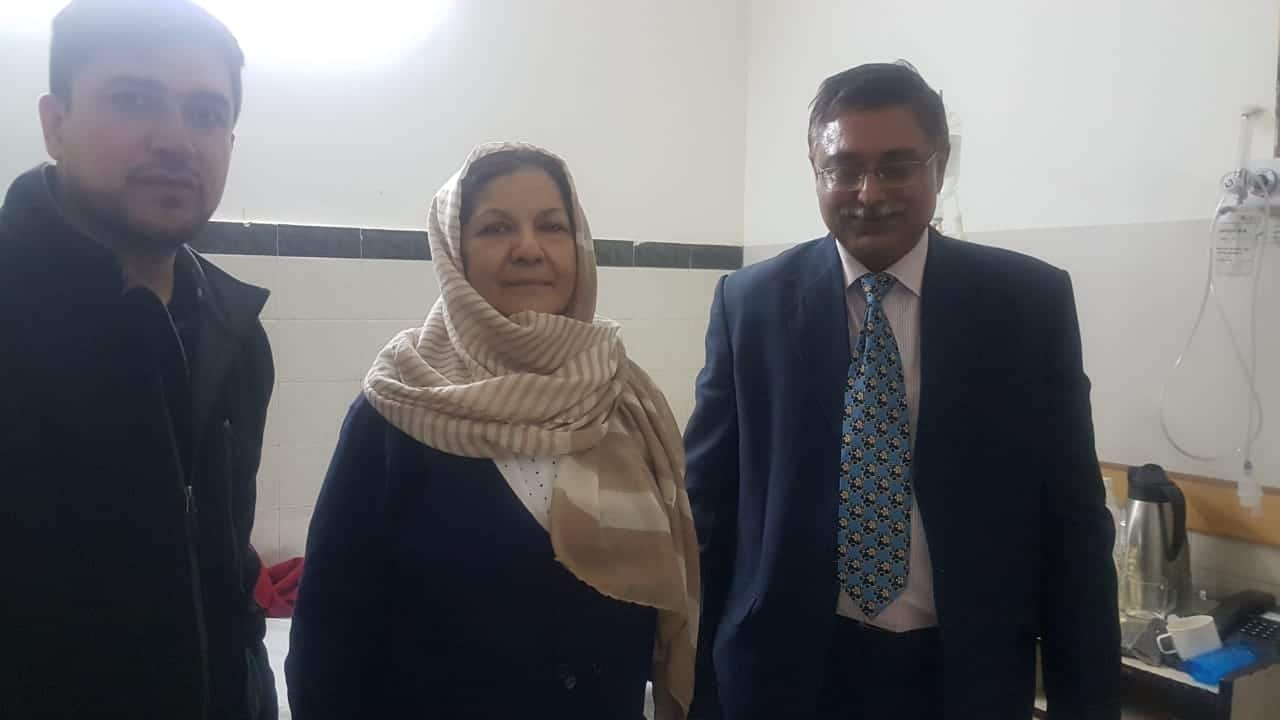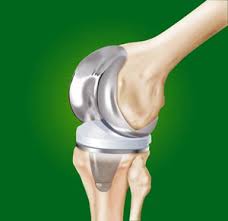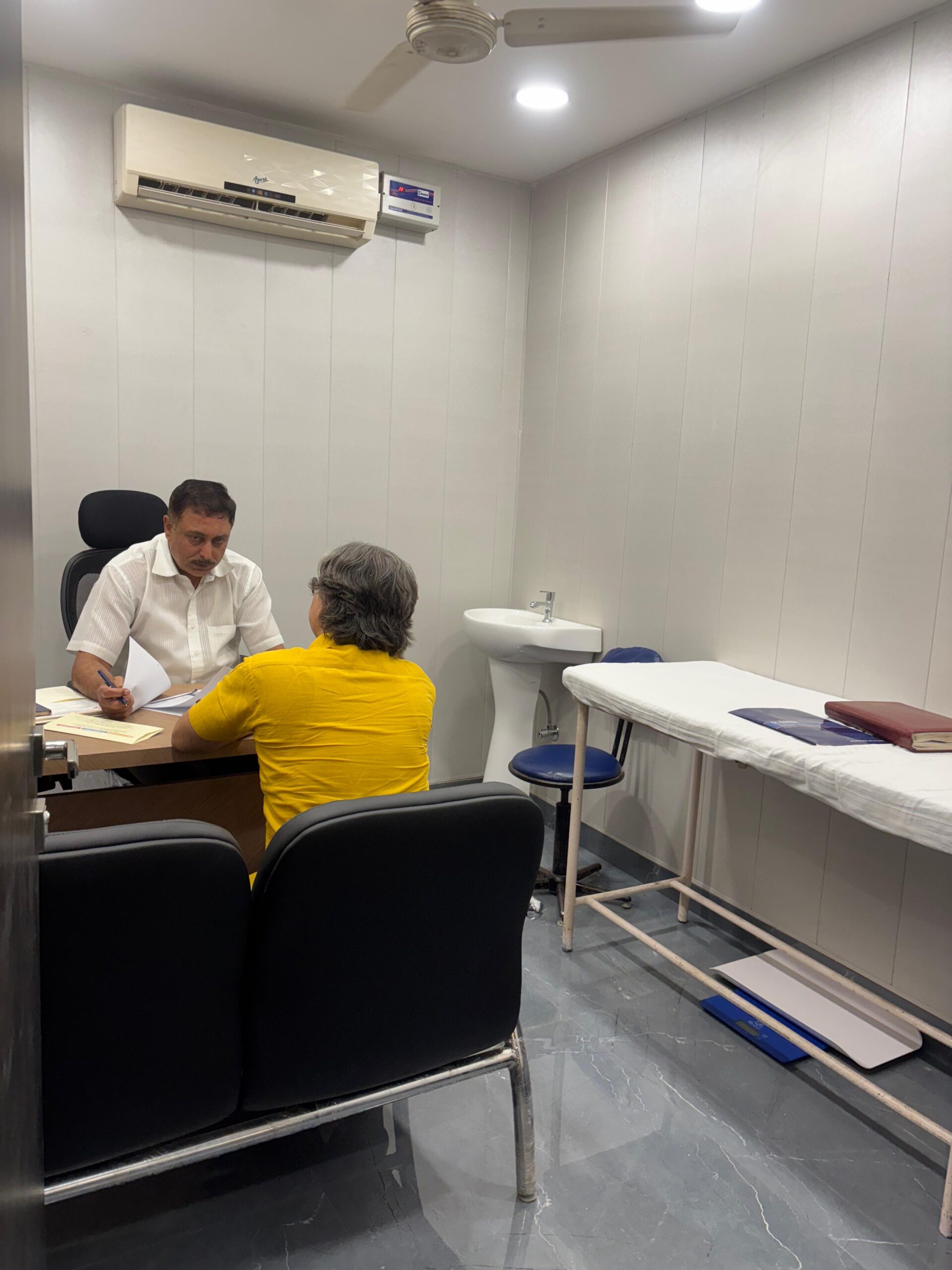Total Knee Replacement in Delhi (TKR)
Total Knee Replacement in Delhi with Dr. Neelabh offers personalized knee replacement surgery using modern implants, precise technique, advanced pain control, and a fast‑track rehab plan.
Move freely again with expert knee replacement surgery in Delhi. Modern implants, precise technique, advanced pain control, and a rehab plan shaped around your goals.
Serving patients across Delhi & NCR (Naraina Vihar, Rajendra Place, Patel Nagar, Karol Bagh and more)
Prefer to start with a consult? Speak with an orthopedic surgeon in Delhi to see if TKR in Delhi is right for you.

Fellowship-trained knee focus
Dedicated to knee replacement and joint preservation.
Precision-first approach
Computer/robotic-assisted planning when appropriate and available. Learn about robotic knee replacement in Delhi.
Fast-track recovery
Multimodal pain control and early mobilization.
Clear guidance
From pre-op to rehab, you’ll know what to expect.
Why choose Dr. Neelabh for Total Knee Replacement in Delhi
Patients considering Total Knee Replacement in Delhi typically do so when arthritis pain and stiffness limit daily life despite non‑surgical care.
After knee replacement surgery in Delhi, most people resume low‑impact activities within weeks with guided physiotherapy. Read more: Knee replacement recovery week by week.
Total Knee Replacement (also called total knee arthroplasty) replaces worn joint surfaces with medical-grade components to restore smooth movement and reduce pain. The femur and tibia are carefully resurfaced and a durable polyethylene spacer cushions the joint. In some cases, the underside of the kneecap is also resurfaced.
TKR is usually advised for advanced arthritis—osteoarthritis, rheumatoid, or post‑traumatic—when pain, stiffness, and swelling limit life and non-surgical measures no longer help.
Note: In medical terms TKR is called total knee arthroplasty (TKA). Many patients search for “knee arthroplasty Delhi”—it’s the same procedure.

Total Knee Arthroplasty (TKA) in Delhi
TKR in Delhi and TKA refer to the same operation. The goal is to relieve pain, correct deformity, and restore function with well-aligned, well-balanced implants. In select patients, robotic-assisted planning can help with component positioning; excellent outcomes are also achieved without robotics.
Choosing implants: Our recommendations are individualized to your anatomy, bone quality, and activity goals. For background reading: best knee replacement implant brands in India.
Who is a Good Candidate?
Daily pain and stiffness
Walking, stairs, or sleep are limited by knee symptoms.
Advanced arthritis on X‑ray
Bone‑on‑bone changes or significant deformity.
Limited relief from non‑surgical care
Medicines, injections, braces, and physiotherapy no longer help.
Ready for rehab
You’re committed to post‑op exercises and follow‑ups.
If arthritis affects only one compartment, a partial knee procedure or joint preservation osteotomy may be an option.
Benefits
- Significant pain relief and improved mobility
- Better alignment and stability
- Return to low‑impact activities: walking, cycling, swimming, golf
- High satisfaction; many implants last 15–20+ years
Risks & How We Reduce Them
- Infection, blood clots, stiffness, persistent pain, nerve/vessel injury
- Implant wear or loosening over time; occasional revision surgery
- Risk reduction: meticulous technique, DVT prevention, multimodal pain plan, and structured rehab
Knee replacement surgery in Delhi: How the procedure is performed
- Anaesthesia & incision: Spinal/epidural or general anaesthesia. A front‑of‑knee incision is made.
- Resurfacing: Damaged cartilage and a thin layer of bone are precisely removed.
- Implants: Metal components (titanium or cobalt‑chromium) with a polyethylene spacer restore smooth motion.
- Alignment & balance: Ligament balance and component position are verified; computer/robotic assistance when appropriate.
- Closure & recovery: The incision is closed, and rehabilitation starts promptly.
Implant Options
A range of sizes and bearings tailored to your anatomy—cemented or cementless fixation depending on bone quality.
Robotic/Computer‑Assisted
Helpful for planning and alignment in select cases; not required for excellent outcomes. More on robotic knee replacement in Delhi.
Pain Management
Multimodal approach (nerve blocks, anti‑inflammatories, targeted meds) to reduce opioids and speed recovery.
Related reading: Knee replacement recovery timeline • Knee replacement cost in Delhi
Recovery Timeline
- Day 0–1: Stand and walk with assistance; start gentle range‑of‑motion.
- Week 1–2: Home/outpatient physiotherapy; swelling control; many use a cane.
- Week 3–6: Strength and motion improve; return to desk work/light activity.
- Month 3–6: Enjoy major benefits; resume low‑impact sports.
Timelines vary by health, fitness, and adherence to therapy. See: what recovery looks like week by week.

Consult an orthopedic surgeon in Delhi — Where to meet Dr. Neelabh
Jeewan Hospital
Jeewan Hospital, Metro Station, 2-B, Pusa Rd, opp. Pillar No.-107, 108, Block B, Karol Bagh, New Delhi, Delhi, 110005
🕓 3:00 PM – 4:00 PM
BLK Hospital
A-4-6, Pusa Rd, Near Rajendra Place Metro Station, New Delhi-110005
🕓 4:00 PM – 6:00 PM
Clinic Intermed
Clinic Intermed, 38/16, Block 38, East Patel Nagar, Patel Nagar, New Delhi, Delhi, 110008
🕓 6:00 PM – 8:00 PM
Timings can vary on holidays and surgery days—please call +91-9810117204 to confirm.
Cost & Insurance
Pricing depends on implant selection, facility and anaesthesia fees, and your insurance. We verify benefits and provide a transparent estimate before scheduling. See detailed guide: Knee Replacement Cost in Delhi.
- Insurance pre‑authorisation & benefits check
- Clear estimate of out‑of‑pocket costs
- Financing options where applicable

How to Prepare
Medical clearance
Labs, EKG, and imaging as needed to optimise safety.
Medication review
Guidance on blood thinners, diabetes meds, and supplements.
Prehab
Strengthen leg muscles and practise mobility exercises.
Home setup
Remove tripping hazards, arrange support, prepare a recovery space.
Healthy habits
Stop smoking, maintain good skin health, optimise weight/blood sugar.
Frequently Asked Questions
Is TKR right for me?
How long does a knee replacement last?
What is recovery like?
Will I need physiotherapy?
Is robotic knee replacement better?
When can I drive?
Is it covered by insurance?
Ready for Total Knee Replacement in Delhi?
Let’s build a plan tailored to your knee, lifestyle, and goals.
Still researching? Read: recovery week by week • cost in Delhi • implant brands
